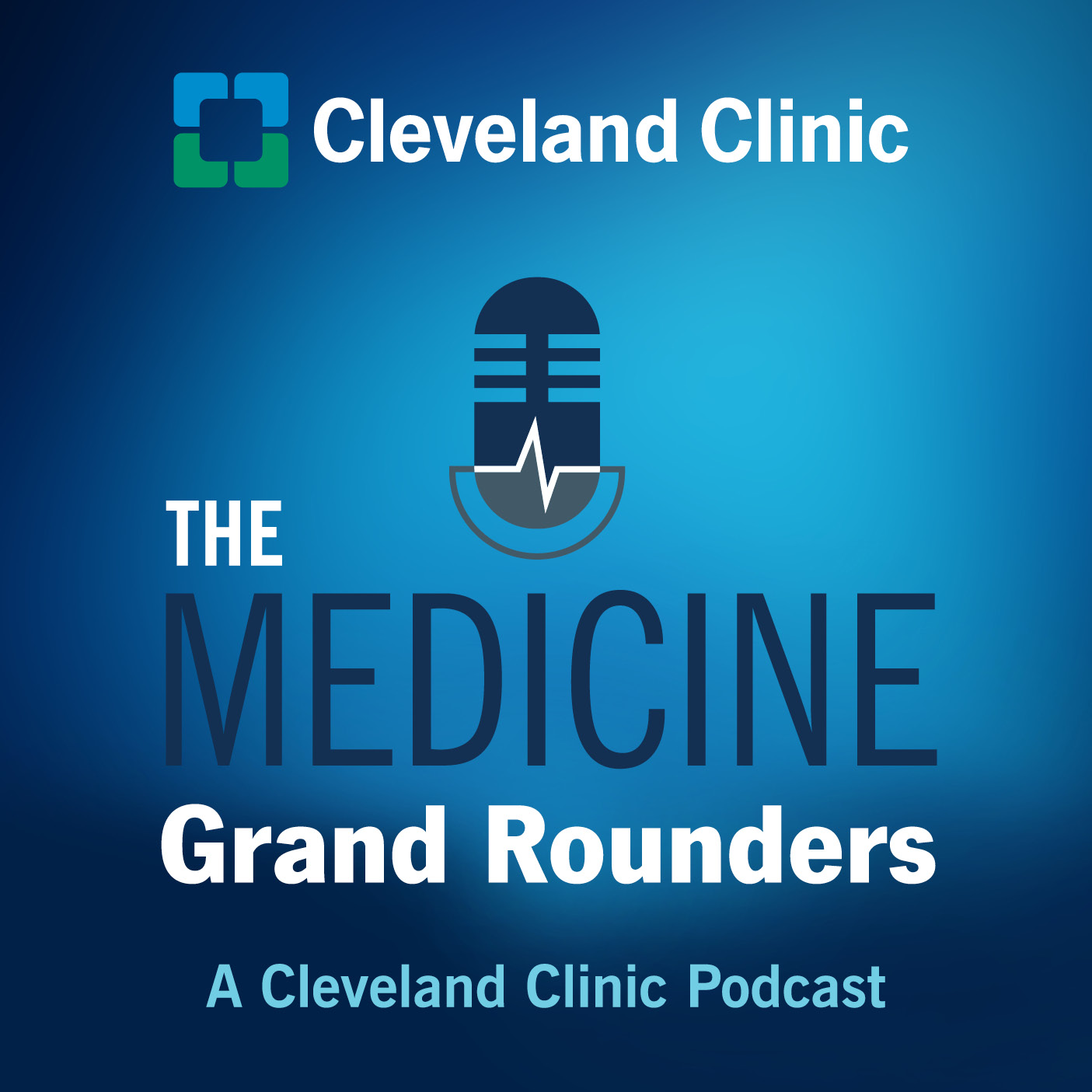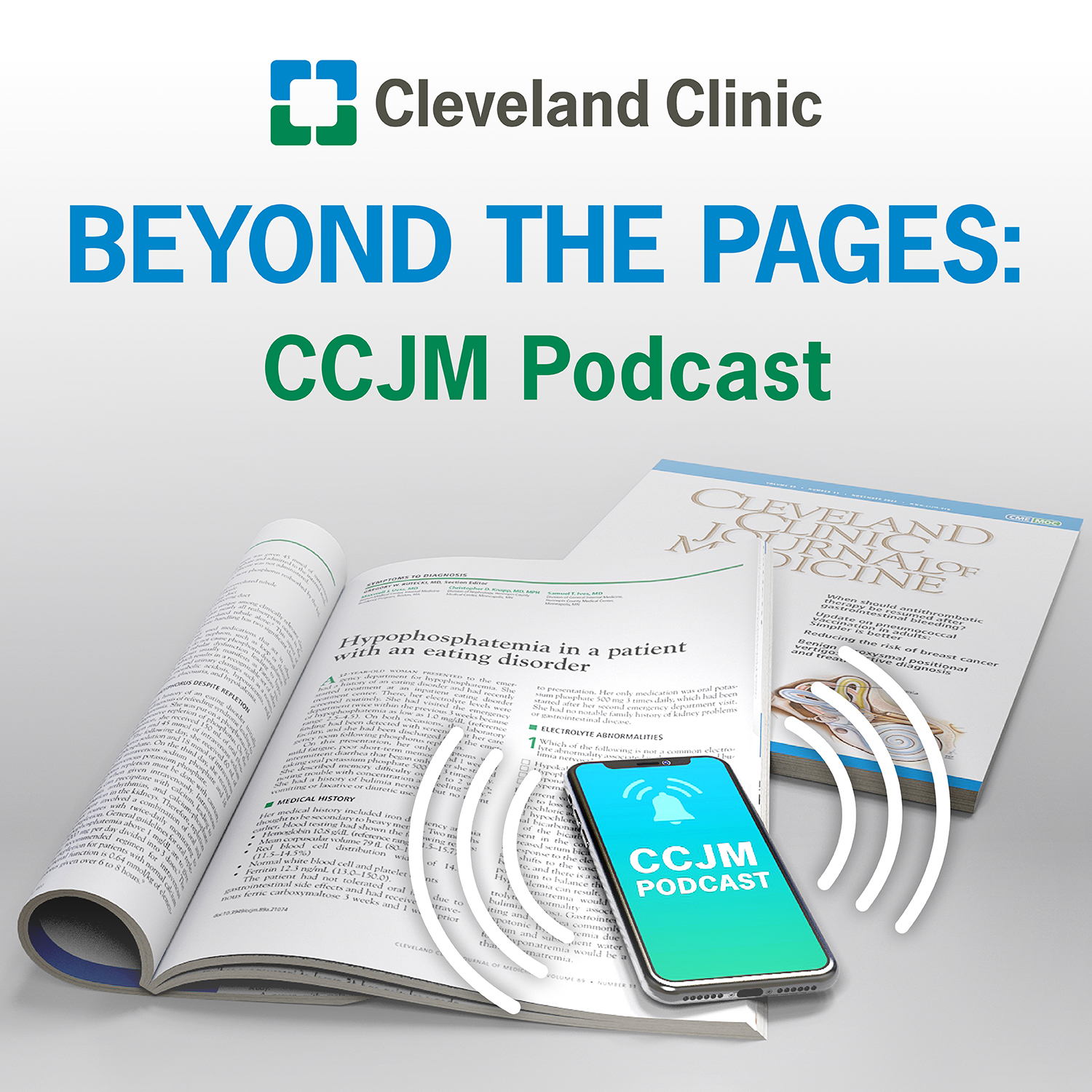Functional Dyspepsia with Dr. Scott Gabbard

Dr. Scott Gabbard discusses about how to diagnose and treat Functional dyspepsia. Moderated by Arjun Chatterjee, MD.
Subscribe: Apple Podcasts | Buzzsprout | Spotify
Functional Dyspepsia with Dr. Scott Gabbard
Podcast Transcript
Question 1 (Dr. Wardrop) – What is functional dyspepsia? (Dr. Gabbard)
Functional dyspepsia is defined as persistent symptoms of postprandial bloating, early satiety, and/or pain in the center of the upper abdomen, without findings at upper endoscopy such as peptic ulcer disease to explain these symptoms. Functional dyspepsia is a common condition, affecting up to 30% of the global population; however, many patients go undiagnosed for years.
Case (Arjun) – 37-year-old female who presents with >10 years of epigastric fullness and bloating with meals. She denies heartburn/regurgitation, dysphagia, and weight loss. EGD was performed 5 years ago, with normal endoscopic appearance of the esophagus, stomach, and duodenum. Biopsies of the gastric antrum and body were negative for H-pylori, and biopsies of the duodenum were normal. She has tried two different proton pump inhibitors without improvement in her symptoms.
Question 2 (Arjun) – What is pathophysiology of Functional Dyspepsia? (Dr. Gabbard)
The pathophysiology of functional dyspepsia, like all disorders of gut-brain interaction (DGBI), is poorly understood. However, there are clear associations with visceral hypersensitivity and/or disruptions of normal gastroduodenal motility. Potential etiologies include:
- Delayed gastric emptying 25% to 35% of FD patients
- Abnormal gastric accommodation - Food consumption triggering the vagovagal response and nitrergic nerve excitement in the gastric wall modulate gastric accommodation.
- Hypersensitivity in response to chemical and mechanical stimulation in the upper bowel and stomach
- Helicobacter pylori infection
- Environmental factors - associated with stress, food allergies, smoking, infections, and acid exposure
Question 3 (Dr. Wardrop) – How do you diagnose Functional Dyspepsia? (Dr. Gabbard)
The Rome IV diagnostic criteria for Functional Dyspepsia is the following:
Patients must present with symptoms of postprandial fullness, epigastric burning, epigastric pain, and/or early satiation
- Postprandial Distress Syndrome: Patients must experience postprandial fullness affecting daily activities and/or early satiation affecting their ability to consume a normal meal size at least three days each week.
- Epigastric Pain Syndrome: Patients must experience epigastric pain and/or burning affecting daily activities at least 1 day each week.
- There should be no sign of a structural problem (including at upper endoscopy) which could be correlated to symptoms.
- Symptoms must be present for a minimum of 6 months, and diagnostic criteria must be met for 3 months.
Question 4 (Arjun) – What is prognosis of Functional Dyspepsia? (Dr. Gabbard)
It is important that patients understand that, although treatment can manage FD symptoms, FD is a lifelong medical condition which may wax and wane over time. Treatment aims to improve quality of life through decreasing or eliminating symptoms. Patients are often able to reduce dosage or even terminate the use of treatments upon symptom resolution. However, it is reasonable to expect symptom exacerbations throughout one’s lifetime, especially in response to stress or triggers, which may require patients to restart treatment regimens. Importantly, functional dyspepsia has not been shown to affect long-term survival in patients.
Question 5 (Arjun) – What treatment options are there for Functional Dyspepsia? (Dr. Gabbard)
- Currently, there is no FDA-approved therapy for functional dyspepsia, all agents listed below are off-label for the treatment of functional dyspepsia.
- Antisecretory agents: H2 blockers, PPIs (A meta-analysis reports improvement of both epigastric pain syndrome and postprandial distress syndrome in FD patients, and a decrease in postprandial fullness in healthy individuals which may relate to PDS symptoms in FD patients)
- Neuromodulator Agents:
- Buspirone – In FD patients, buspirone 10mg before meals improves postprandial fullness, bloating and early satiety through augmentation of fundic accommodation.) One case report demonstrated improvement in early satiety, nausea, vomiting, and diarrhea 1 week after administering buspirone 10 mg TID before meals.
- Mirtazapine – Significant improvements in quality of life, early satiation, nutrient toleration, weight loss, and gastrointestinal specific anxiety with mirtazapine.
- Tricyclic antidepressants – In FD patients who had normal gastric emptying, amitriptyline significantly improved abdominal pain, suggesting the use of tricyclic antidepressant medication for patients with pain-leading symptoms.
- Gabapentin – 50-100 mg gabapentin and increasing the dose to 300 mg three times per day; significant improvement in postprandial fullness, upper and lower abdominal pain, heartburn, and nausea/vomiting were reported
- Pregabalin – Patients exhibited significant improvement in FD symptoms, particularly an alleviation of epigastric burning and pain and the feeling of regurgitating acid.
- Prokinetic Therapies:
- STW 5
- Caraway oil and L-menthol
- Capsaicin
- Acupuncture
- Hypnotherapy
Case follow up (Arjun) –
Going back to our case 37-year-old female who presents with >10 years of epigastric fullness and bloating with meals. EGD -ve, no H.pylori, no weight loss or heartburn/regurgitation. We dx her with functional dyspepsia (postprandial distress subtype) and educated on functional dyspepsia.The patient started buspirone 10mg 15-30 minutes before meals, with significant improvement in her postprandial bloating. PPI was then discontinued without worsening her FD symptoms. We plan to continue therapy for 12 months, then reassess the need for buspirone.
Intro/Outro music credit: Frank Gomez and Eden Bernstein, MD

The Medicine Grand Rounders
A Cleveland Clinic podcast for medical professionals exploring important and high impact clinical questions related to the practice of general medicine. You'll hear from world class clinical experts in a variety of specialties of Internal Medicine.
Meet the team: Dr. Andrei Brateanu, Dr. Nitu Kataria, Dr. Arjun Chatterjee, Dr. Zoha Majeed, Dr. Sharon Lee, Dr. Ridhima Kaul
Former members: Dr. Richard Wardrop, Dr. Tarek Souaid
Music credits: Dr. Frank Gomez

